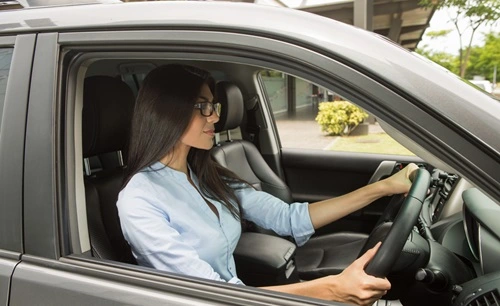No, it is not illegal to lock your refrigerator in Georgia. Individuals have the right to secure their personal property, including appliances like refrigerators, for various reasons such as preventing unauthorized access or ensuring safety. However, certain legal considerations and best practices should be taken into account.
Legal Considerations
While Georgia law does not prohibit locking a refrigerator, specific regulations address safety concerns related to abandoned appliances:
- Abandoned Appliances: According to Atlanta’s municipal code, it is unlawful to leave any abandoned icebox, refrigerator, or similar device equipped with a lock that prevents opening from the inside on premises accessible to children. This measure aims to prevent accidental entrapment and suffocation hazards.
Therefore, if a refrigerator is in use within a private residence and is not abandoned or accessible to unsupervised children, locking it does not violate any specific Georgia laws.
Practical Considerations
Individuals may choose to lock their refrigerators for reasons such as:
- Preventing Unauthorized Access: To stop roommates or others from consuming personal food items.
- Safety Measures: To restrict access for children or individuals with certain medical conditions.
In such cases, using appropriate locking mechanisms that do not pose safety risks is advisable.
Related FAQs
Q. Is it illegal to lock a refrigerator in a shared rental property?
Ans: No, it is not illegal. However, it’s recommended to communicate with co-tenants to avoid disputes.
Q. Can landlords lock refrigerators in rental units?
Ans: Landlords should ensure that tenants have access to necessary appliances as agreed in the lease. Locking a refrigerator without tenant consent may breach rental agreements.
Q. Are there specific regulations for locking refrigerators in public places?
Ans: Yes, in public or accessible areas, ensuring that locked refrigerators do not pose safety hazards, especially to children, is crucial.
Q. What types of locks are recommended for refrigerators?
Ans: Child-proof locks or combination locks designed for appliances are commonly used. Ensure they can be opened from the inside to prevent entrapment.
Q. Can locking a refrigerator be considered a safety hazard?
Ans: If not properly managed, locked refrigerators can pose risks, especially to children. It’s essential to use locks that allow opening from the inside or ensure the appliance is not accessible to unsupervised children.

